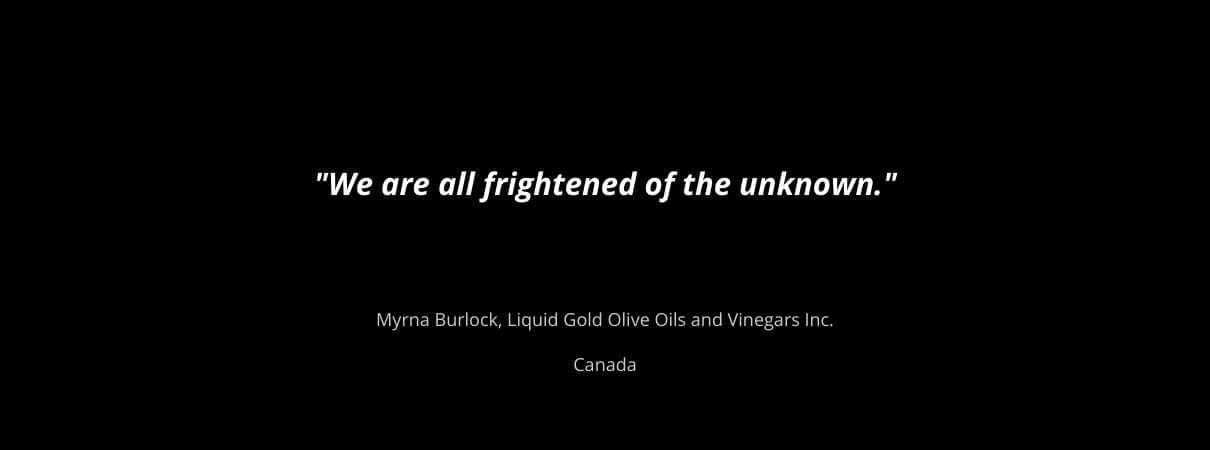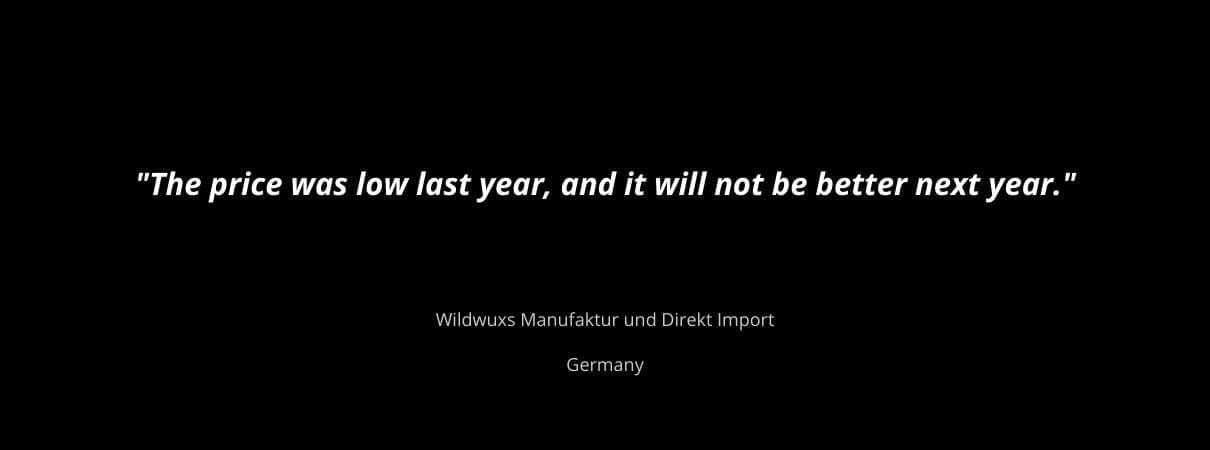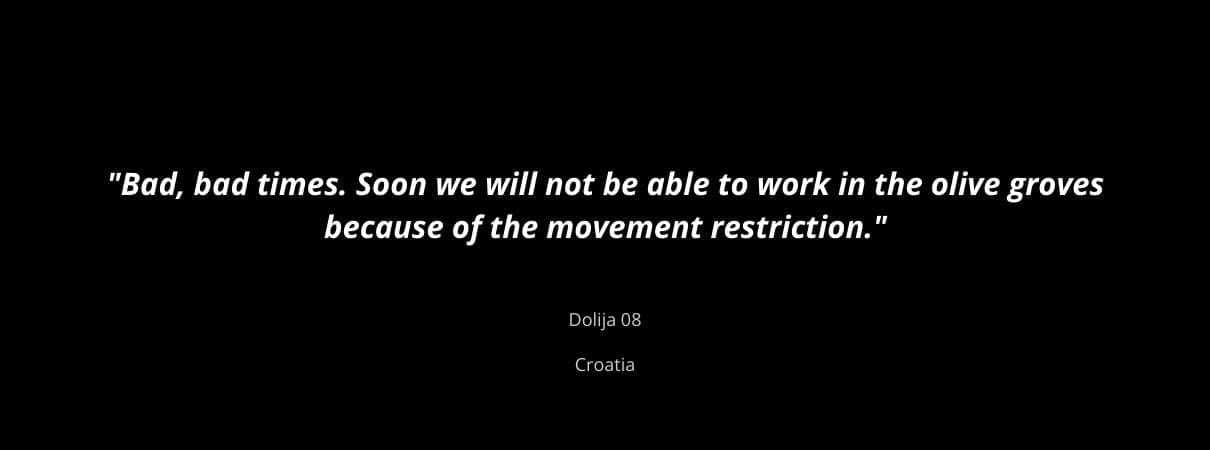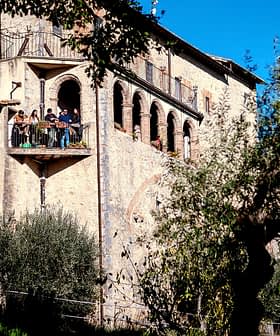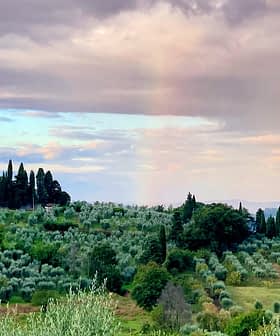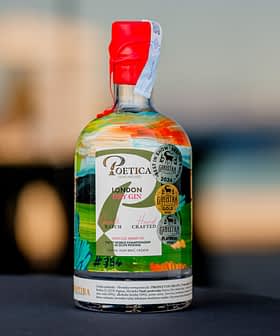Coronavirus Deals Another Blow to an Industry Already Reeling
An Olive Oil Times survey reveals growing despair and uncertainty for an industry that seemed under attack even before the pandemic arrived.
The novel coronavirus has led to economic devastation as governments worldwide implement measures to slow the spread of the disease, resulting in widespread closures of non-essential businesses and events. Olive oil producers in major regions like Spain, Italy, and Greece are facing uncertainty and despair due to the impact of the pandemic on their livelihoods and supply chains, with many struggling to continue operations and facing significant financial losses.
As the death toll from the novel coronavirus mounts around the world, stark measures necessary to quell the disease have turned a health and humanitarian crisis into an economic disaster.
Our business is shut down and all employees laid off. It’s horrible.
Governments are shutting down non-essential workplaces, schools, restaurants and events — anywhere people gather. While such restrictions have helped slow the spread of the disease, they put a hard stop to the livelihood and income of broad swaths of workers.
Olive farmers and olive oil producers have been hit hard in nearly every region. In Spain, Italy, Greece, Portugal and Tunisia, France, Turkey, Croatia, Lebanon, Syria — places where olive oil production is a way of life — there is growing despair and uncertainty for an industry that seemed under attack even before the pandemic arrived.
Olive oil producers are people hardened by droughts, freezes, fires, ravages and a job that never really seems free of calamities. Overcoming challenges are routine, and every year brings a new set of conditions to confront. If they manage everything just right and produce a perfect product, it will fetch a price far lower than its true value and almost always less than producers need.
The coronavirus has even these fighters rattled.
Respondents to an Olive Oil Times survey over the weekend reflected the devastating impact the crisis is having on all aspects of life on the farm and throughout the supply chains on which they depend.
“We don’t know what will happen after the crisis,” said a small Greek producer who exports mainly to Germany. “For now we are waiting to see how far our last money lasts.”
Farms at a standstill
Many growers say they can’t get help tending to the urgent needs of the farm.
“We had trouble gathering workers for olive farming, even for outdoor jobs. People stay at home despite having the need for money,” a producer in Turkey, Mustafa Safa Soydan, said.
“I am pruning my olive trees alone in this period because my helpers cannot reach me,” said Debra Carol Kyllingstad Haddock, the owner of Casale Prato delle Coccinelle Olive Estate in Umbria, Italy.
“Like others in Northern California, we are on mandatory shelter in place,” said Geoff Peters at Showa Farm. “This has caused us to get to many deferred tasks and to make preparations for spring such as inspecting drip irrigation and ordering materials for McPhail traps.”
Some farms, however, are so far managing to continue with operations, reflecting the patchwork nature of the global response measures in effect. “Restrictions are not applying to olive oil producers or farmers in Spain,” reported the proprietor of Casa del Aguila in Jaén. “In our estates, we are working normally,”
Shuttered points of sale
While dozens of respondents described the shutdown of their fields, mills and packing processes, there were also the effects of mandatory restrictions further down the chain.
“All the markets and events where I sell are closed, impacting 90 percent of my income,” said a U.S. distributor. “We have a shipment on a boat from Italy. It is supposed to clear easily but now it is in limbo slowing my supply chain,” said another.
“Our business is shut down and all employees laid off. It’s horrible,” a third American distributor told us.
“I do fairs and markets. All of these have been shut down so now I am only online. I’ve offered free delivery to those in my area, but it isn’t enough to sustain me — rent, mortgage, supplies — it’s tough,” said a California retailer.
“We have 70 percent lower sales of our products. We canceled all fairs, tastings, and educations,” Marijan Marjanovic, the CEO for Stancija St. Antonio in Croatia, said.
In Canada, Myrna Burlock, who operates Liquid Gold Olive Oils and Vinegars, said, “All four of our tasting bars, meaning our livelihood, have been forced to close. At ages 63 and 68, where does one go from here?”
Another Canadian company, Sarafino, has been allowed to stay open, “as we are part of the grocery supply chain,” they said.
“In Turkey, the tourism season was about to start with hotels making their deals for olive oil buying,” a farmer in Turkey told us. “Now everything stopped.”
Some see a call to action, others hunker down
Just as the crisis has had varying impacts on the businesses of growers and producers — generally ranging from severe to outright paralyzing — so are the ways they plan to respond to the new reality.
Many of those we polled said they noticed an increase in online sales — whether seen on their own websites or in news reports — and there was broad determination to shore up digital presences, home delivery programs and customer outreach initiatives.
“We have to create urgently an online store and we have to use this time to do a lot of commercial follow-ups,” said a producer in Portugal, Pilar Abreu e Lima, “and, at the same time, do all the farming work by ourselves.”
In Greece, Maria Anagnostopoulos, said she plans to “transfer my sales digitally, both bulk and packaged on my own channels and reach out to other e‑commerce partners.”
There are layoffs, missed rent payments and dwindling savings. Stocks sit idle in warehouses and shops, machines powered down in closed mills.
Signs of solidarity, and some resignation
Farmers in Spain fired up their tractors last week to help disinfect city streets.
Kathryn Keeler, at Rancho Azul y Oro Olive Farm in California, said she saw a need to help people suddenly confined to their homes cook healthy meals by posting more recipes for their online community.
“Just look at Instagram,” said a California distributor of Portuguese oils, Bare Foods. “Everyone is cooking!”
There were calls for government action now and once the health crisis subsides and the economic hardships come into sharper focus. And among the responses to our survey, there were expressions of hopelessness in the face of what might some see as the last straw.
“I am depressed,” a farmer and producer in Turkey said simply when asked how he was doing.
And there are deep concerns for the long-term effects the coronavirus crisis will have across the sector. More than one-third of the respondents said they were “extremely concerned” about the lasting damage to their businesses.
Nowhere so far has the situation been as dire than in Italy, where warnings ring out to the rest of the world.
“I see politicians in England, France, Germany, USA and Brazil downplaying the seriousness of Covid-19 while we’re trying to bury our 5,000 dead,” Debra Kyllingstad Haddock wrote from Umbria. “#stayathome!”


